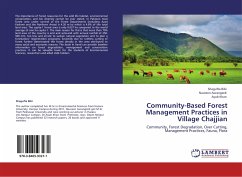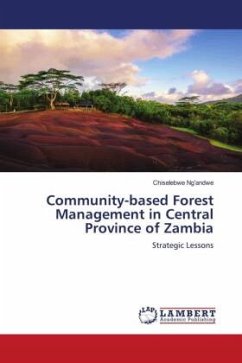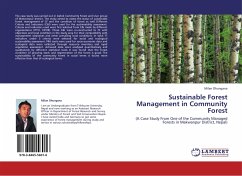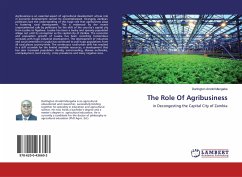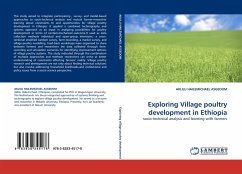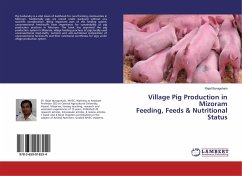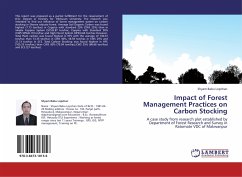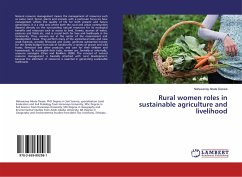The importance of forest resources for the wild life habitat, environmental conservation, and bio diversity cannot be over stated. In Pakistan total forest area under control of the Forest Departments (including Azad Kashmir and the Northern Areas) is 4.26 m ha which is 4.8% of the total land area. The capita-1 forest area is only 0.037 ha compared to the world average of one ha capita-1. The main reason for this is that more than 70% land area of the country is arid and semi-arid with annual rainfall of 250-500 mm. too low and erratic to sustain natural vegetation and to plan a forestation/ regeneration programs; Secondly due to ruthless cutting of forest further deteriorated the forest density in the area attributed to many social and economic reasons. The book in hand can provide baseline information on forest degradation, management and conservation practices. It can be valuable book for the students of Environmental Sciences, researchers and allied stalk holders.

